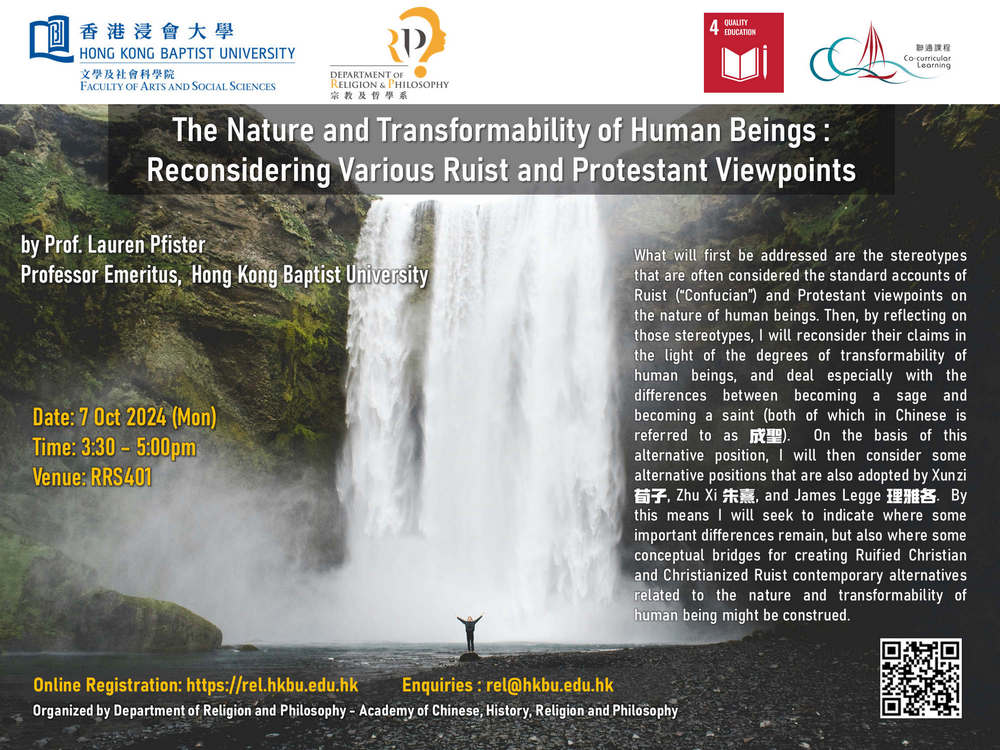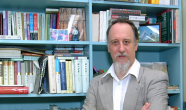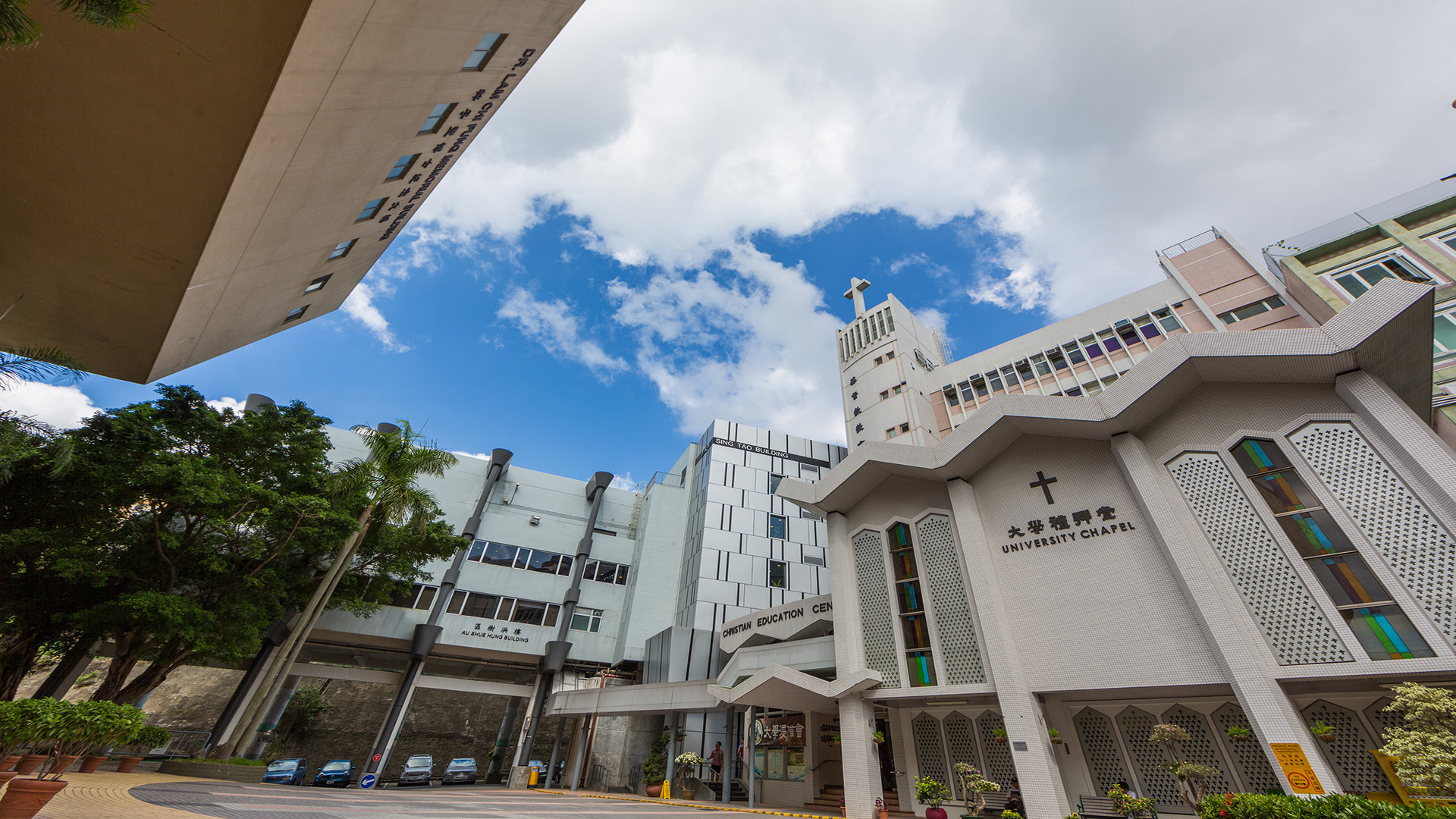7 Oct 2024 (Mon)
The Nature and Transformability of Human Beings: Reconsidering Various Ruist and Protestant Viewpoints


| Date: | 7 Oct 2024 (Mon) |
| Time: | 3:30 – 5:00pm |
| Location: | RRS401 |
| Speaker: | Prof. Lauren Pfister, Professor Emeritus, Hong Kong Baptist University |
| Language: | English |
What will first be addressed are the stereotypes that are often considered the standard accounts of Ruist (“Confucian”) and Protestant viewpoints on the nature of human beings. Then, by reflecting on those stereotypes, I will reconsider their claims in the light of the degrees of transformability of human beings, and deal especially with the differences between becoming a sage and becoming a saint (both of which in Chinese is referred to as 成聖). On the basis of this alternative position, I will then consider some alternative positions that are also adopted by Xunzi 荀子, Zhu Xi 朱熹, and James Legge 理雅各. By this means I will seek to indicate where some important differences remain, but also where some conceptual bridges for creating Ruified Christian and Christianized Ruist contemporary alternatives related to the nature and transformability of human being might be construed.


Prof. Lauren Pfister
Professor Emeritus of Hong Kong Baptist University and now Rector of the Hephzibah Mountain Aster Academy, Lauren F. Pfister / 費樂仁 is a philosopher, sinologist, and theologian. A former Head of the Religion and Philosophy Department and Director of the Sino-Christian Studies Center at HKBU, he is a founding member of the Hong Kong Academy of the Humanities and a former Associate Editor of the Journal of Chinese Philosophy. Over three decades he has studied "missionary-scholars" as translators of Ruist ("Confucian") and Daoist classical texts, exploring their interpretive influences within both contemporary Euro-American and Chinese cultural settings.



